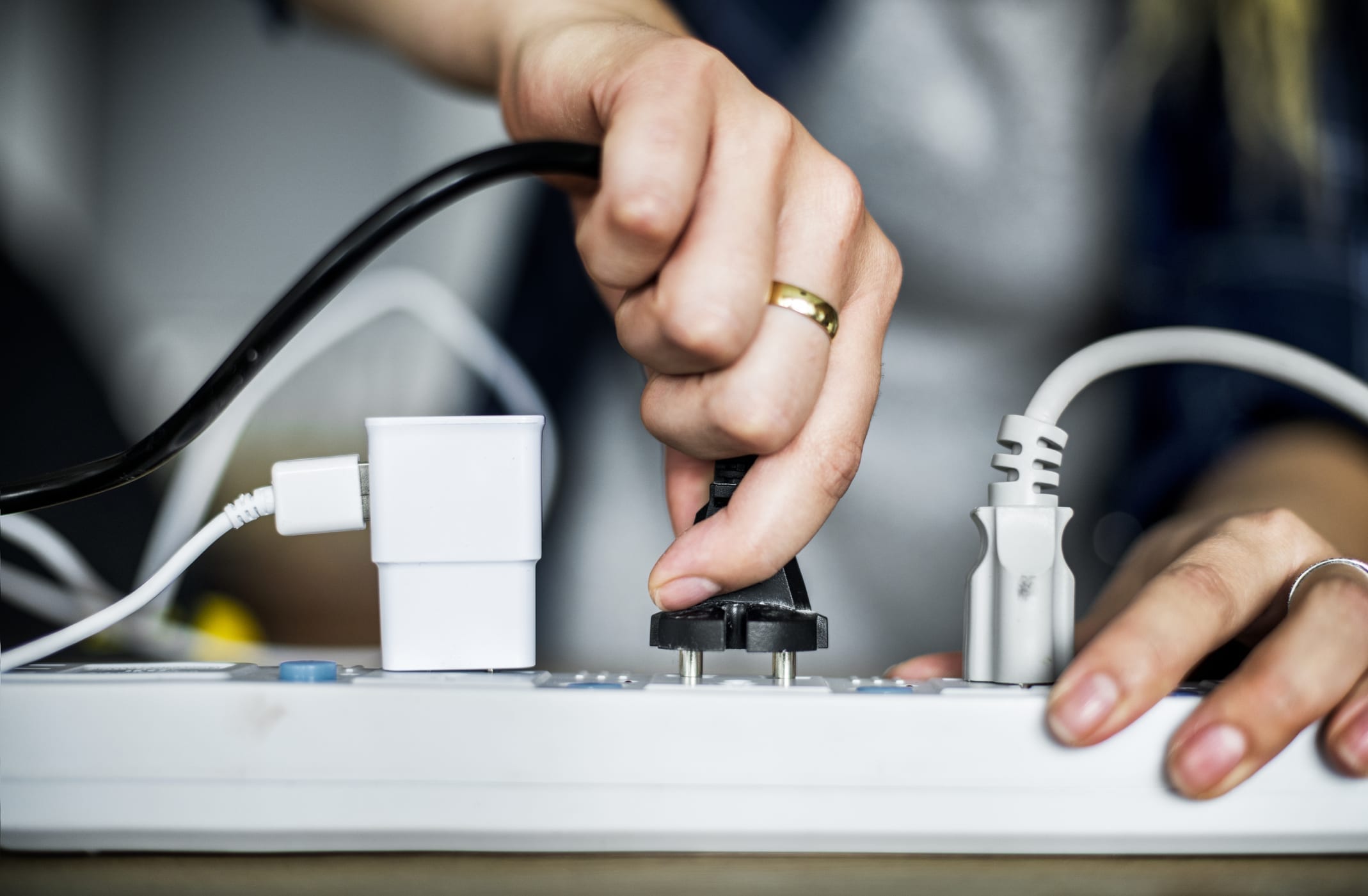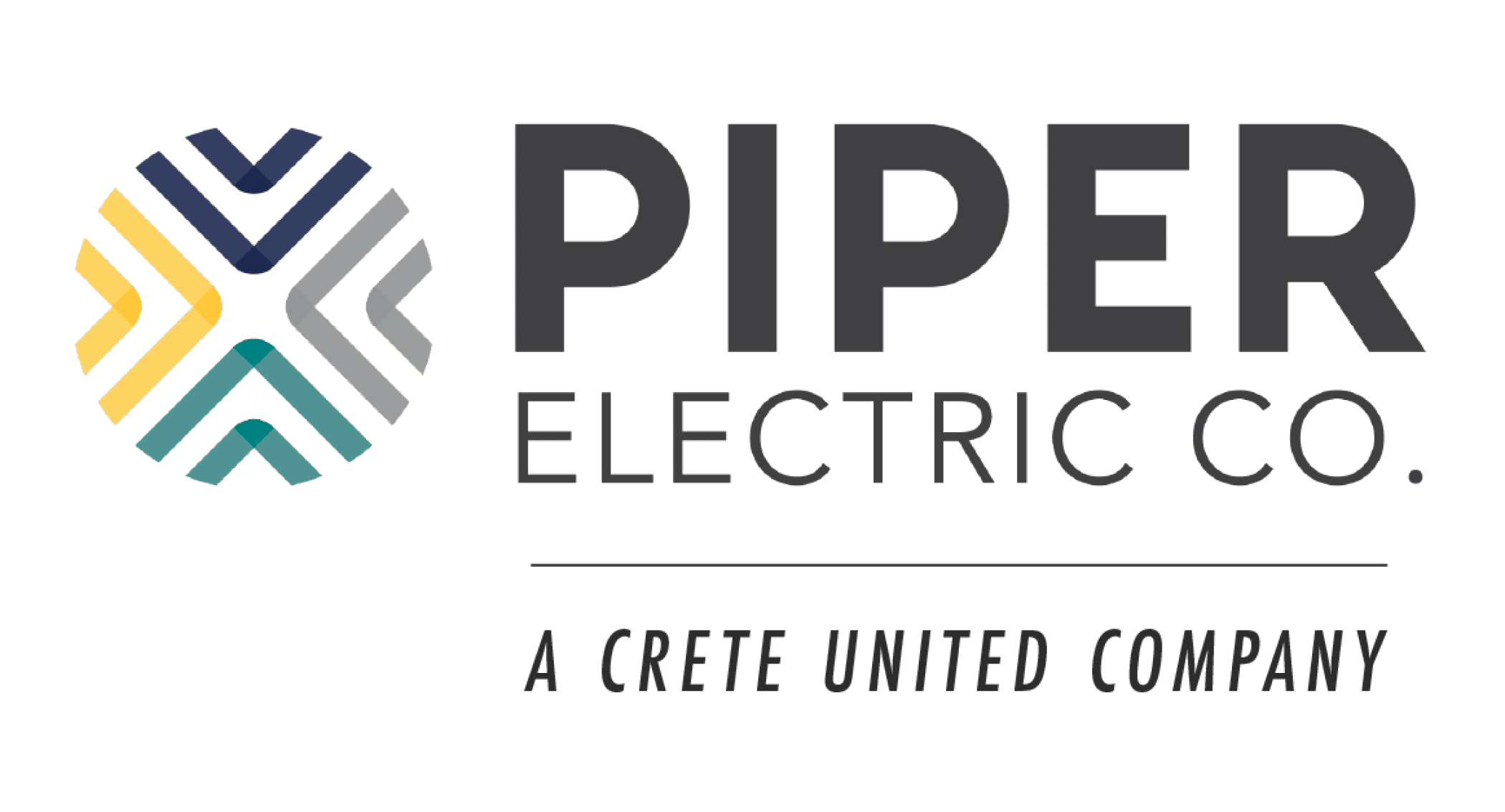
Electrician Contractor Explains Extension Cord Safety
If you’ve ever needed a more conveniently located electrical outlet—or series of outlets that would allow you to power multiple devices simultaneously—then you likely have used an extension cord to get the job done. These convenient electrical cords are used by electrician contractor teams and are available in a variety of lengths. However, when using these helpful electrical cords it’s important to be aware of a few critical tips for extension cord safety in order to reduce the risk of damage to your home or electrical appliances.
Extension Cord Dangers
To prevent dangerous shocks, sparking and potential electrical fires, the an electrician contractor will recommend for users not to overload their extension cords’ capacities by attaching too many high voltage devices. The voltage capacity of the electric cord, as well as the power use rating for an attached device, may be found on the product itself (but may be more easily accessed by a quick search online). It is also crucial not to attempt to use an extension cord in place of permanent wiring in the home which must consistently provide a large energy output consistently. This is a recipe for short-circuiting and sparking which can lead to fires.
Where to Keep Your Cords
When using extension cords, just like with any electrical device or connection, your electrician contractor will tell you it is essential to keep it away from moisture or any other highly conductive environments. Running your extension cord near water or along snowy ground will not only damage and ruin your cord but also increases the likelihood of enduring an electrical shock injury. Similarly, insulating your extension cord by running it behind a wall, under a rug, or wrapped in any kind of external shell, is equally risky as it causes heat to accumulate which may damage the cord or cause the coating to melt. The next step in this hazardous equation is the sparking between the weakened or exposed wires, which is the primary cause of electrical fires in the home.
Extension Cord Capacity
The type of extension cord you select should be equipped to power all devices you hook up to it. The capacity of your extension cord can be discerned by ratings found on the product packaging or with a quick Google search. While some single-outlet cords may be linked together to maximize range, most multiple-outlet extension cord systems must be connected to a primary outlet and may not be linked together.
While extension cords are helpful in the home, workplace, and outdoor settings (if rated for use outdoors), relying too heavily on extension cords to power your devices likely means your home doesn’t possess enough electrical outlets. Depending on the date of construction, this is a common issue for homeowners. It is possible to add more electrical outlets to your home, which will operate effectively with modifications to the home’s pre-existing electrical grid.
Denver Electrician Contractor
It is absolutely essential to enlist the assistance of a certified electrician to assess your home and ultimately install as many additional outlets as you require. Luckily, the team of electrician contractor and professional electricians at Piper Electric can assist you! Visit our website to schedule a consultation for outlet installation, or to learn more about our other services.
